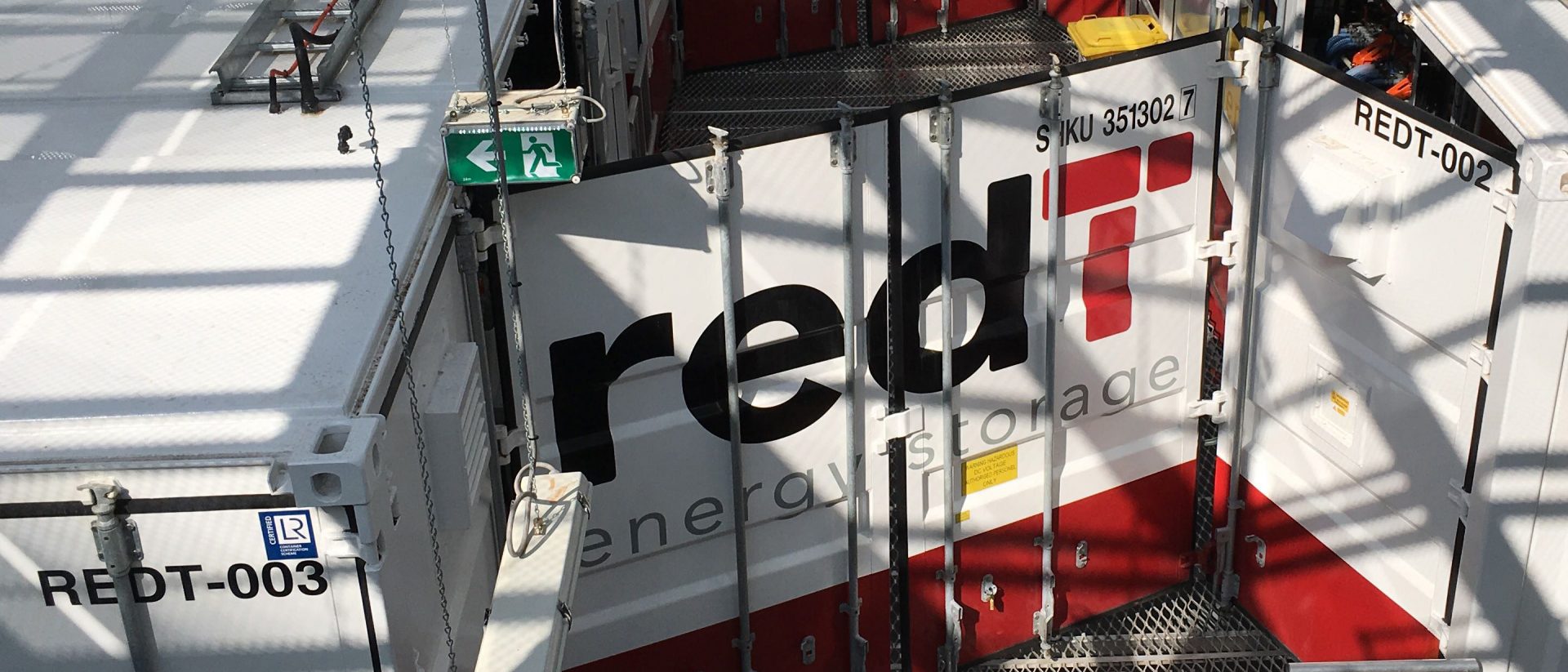REA comments on Ofgem’s RIIO ED2 Framework for distribution networks
- Ofgem releases part of the framework for the RIIO-2 Price Control for distribution networks
- Release of framework kicks off the RIIO-2 process for distribution networks, with major implications for GB decarbonisation
- Renewable energy & clean tech sector comments, as how distribution networks are governed has been a historic barrier to deployment
Frank Gordon, Head of Policy at the REA commented:
“With decarbonisation a public and industrial imperative, and the pace of technical change remaining rapid, we welcome Ofgem’s review of the price control system for the electricity distribution networks. Key features, including prioritising the delivery of Net Zero, changing allowable returns and bringing the default contract period to five years, are sound decisions although could conceivably go further given the problems with the networks in recent years.
“We note that this is only part of the overall process as the document does not include the decisions on how and whether to incentivise networks to speedily and affordably connect renewable energy and clean technologies. We also believe that procuring new flexibility capacity can reduce the overall level of new infrastructure, such as wires and pylons, needing to be installed which needs to feed into the process as well.”
“The REA cannot understate the importance of this process. Whilst many networks are presently becoming more involved in managing grid constraints, for example by tendering for energy storage services, distribution networks have traditionally been major obstacles for the deployment of renewable energy and clean technologies. Costly grid connections, slow decision making, and a lack of transparency in charging methodologies are often-cited problems for developers. The benefits of many clean technologies to the networks, such as energy storage and smart electric vehicle charging, are also often not reflected by the networks.
“Recent REA analysis shows that there has been a doubling of the amount of power being exported to the distribution networks since 2012, mostly due to small-scale and local renewable generation technologies being deployed. The march to Net Zero will require significant further expansion of distribution-connected renewable power generation. Networks need to be both encouraged through this price control framework to proactively prepare for this, and our industry needs to be sure that there is a transparent and robust penalty and review system for network operators who cannot or will not keep up with the pace of technological change.
“We look forward to working with Ofgem and other stakeholders in the coming months to ensure our networks are ready for a significant expansion of low-carbon heat, power, and transport technologies in the 2020’s.”
—ENDS—
For more information or to request an interview, please contact
Amy MacConnachie
Head of External Affairs
07903510060
[email protected]
Notes to Editor
- Ofgem’s RIIO-ED2 Framework Decision can be found here: https://www.ofgem.gov.uk/publications-and-updates/riio-ed2-framework-decision
- REA analysis relating to exports to distribution networks is part of the REA & ElectraLink 2019 Flexible Futures project, details here: https://live.r-e-a.net/wp-content/uploads/2019/10/flexible_futuresfinal.pdf
About the REA
The REA is the UK’s largest trade association for renewable energy and clean technologies with around 550 members operating across heat, transport, and power. The REA is a not-for-profit organisation that represents renewable energy and clean technology companies operating in over fourteen sectors, ranging from biogas and renewable fuels to solar and electric vehicle charging. Membership ranges from major multinationals to sole traders.
For more information, visit: www.r-e-a.net

